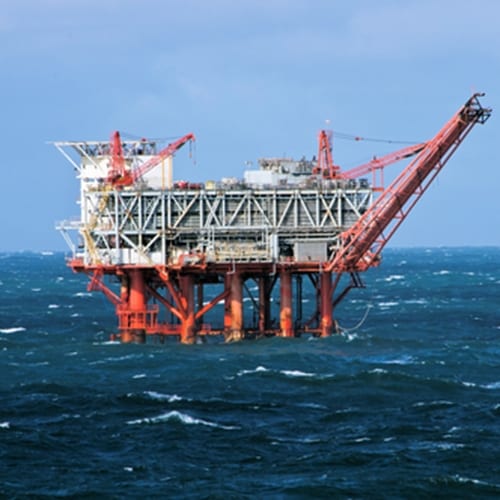The offshore drilling industry has been known for its many dangers long before the BP Deepwater Horizon oil spill killed 11 workers on the rig, and was even found by the Centers for Disease Control and Prevention to have one of the highest worker fatality rates—seven times higher than the national average. However, for divers that work on oil rigs off the shore of Newfoundland, a new facility may help lessen the dangers of the workforce by providing a place for divers to comfortably decompress in the case of an accident.
According to the Telegram, the Atlantic Canada Opportunities Agency approved a loan for the new facility last year to help support injured divers, and the provincial government and local company Sea-Force Hyperbaric also contributed funds. The hyperbaric reception facility can fit 20 divers at a time to safely decompress in a much larger area than before, allowing those with injuries to heal faster. In the past, a diver would decompress in a hyperbaric lifeboat that was typically cramped and didn't allow for fast healing. This usually takes about four to six days, the news source said.
Though the facility is intended for divers who are working off the shore of Newfoundland and Labrador, especially those in the oil rig business, because it is portable it can also be used in other areas if there are fewer divers needed in Newfoundland.
While this new structure will be able to support divers in Canada, there are other ways that offshore project managers can protect their workers. With commercial diving insurance, divers and their equipment are protected in case of an accident, helping to prevent fatalities and injuries in the future.

